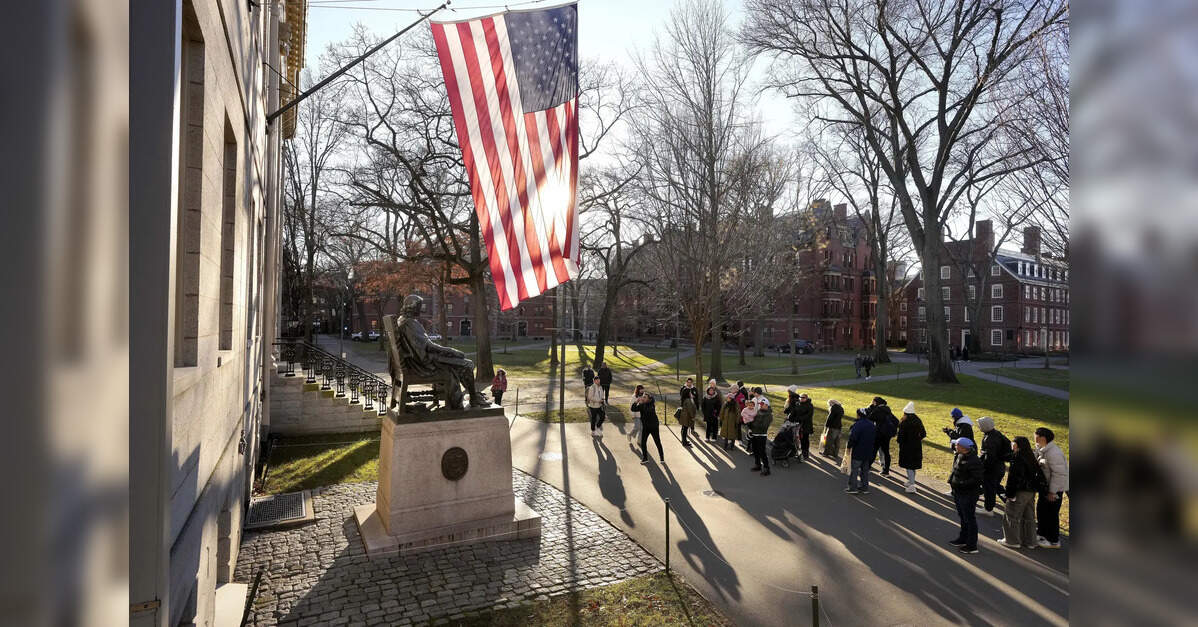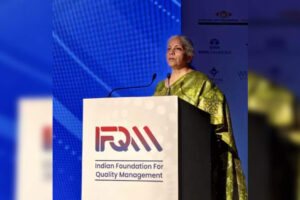
Harvard ends 50-year-old minority recruitment program amid federal scrutiny, ETEducation
Harvard College has long been celebrated as a gateway to elite education, but the reality of its admissions system tells a more complicated story. Despite decades of scrutiny and legal challenges, legacy preferences, athletic recruitment, and non-academic factors continue to tilt the scales towards wealthier applicants, highlighting how privilege remains embedded in the Ivy League.
Legacy admissions and inherited advantage
Legacy preferences, sometimes called “affirmative action for the wealthy,” give children of alumni or major donors a significant edge in gaining entry to Harvard. Documents released in the lawsuit filed by Students for Fair Admissions detailed the extent of these advantages, fueling backlash from lawmakers and students alike. According to The Harvard Crimson, incoming classes have consistently reported skepticism and disapproval of legacy admissions in their annual surveys.David J. Deming, who stepped into his role as Harvard College dean in July, has long studied these inequities as an economist and admissions expert. While he has not outlined specific plans to overhaul legacy preferences at Harvard, Deming views the issue through a lens of broader socioeconomic fairness. In his scholarship and public commentary, he frames legacy preference as “unearned intergenerational privilege,” emphasizing that ending it alone would not meaningfully change the makeup of the student body, according to The Harvard Crimson.
Athletics, extracurriculars, and wealth
Deming’s research with Raj Chetty and John N. Friedman shows why. When applicants from the top 1% of family incomes have similar standardized test scores to those from low-income backgrounds, Ivy-plus colleges are almost twice as likely to admit the wealthier candidate. The study attributes this gap not only to legacy admissions but also to athletic recruitment and non-academic factors such as extracurricular achievements and leadership roles, areas where wealthier students often have disproportionate advantages.As The Harvard Crimson reports, these dynamics perpetuate a cycle in which wealth, rather than merit alone, shapes admission outcomes. Students with access to elite training, private coaching, and resources to excel in sports or extracurricular programs are far more likely to gain coveted spots, leaving lower-income applicants at a structural disadvantage.
Transparency and income-based reform
Deming argues that the most meaningful reforms would focus on transparency and economic diversity, rather than targeting legacy alone. In his Atlantic article, he suggests requiring applicants to report family income on college applications, not just on financial aid documents, to increase public accountability. “Better income data would ratchet up public pressure on highly selective colleges, whose leaders care deeply about their reputation,” he wrote, according to The Harvard Crimson.By shedding light on the socioeconomic makeup of admitted students, elite institutions could face sustained scrutiny, nudging them to value economic diversity alongside other measures. Without such pressure, removing legacy admissions would only address one facet of a complex system that continues to favor wealth.
Standardized testing and equitable access
Harvard’s recent return to standardized testing reflects another dimension of this debate. After four years of test-optional admissions during the Covid-19 pandemic, Harvard reinstated SAT and ACT requirements for the Class of 2029, citing research co-authored by Deming showing that test scores remain strong predictors of undergraduate success. He has also criticized practices like “super-scoring,” where students combine their best section scores across multiple test attempts, a method that often advantages those who can afford multiple test prep sessions.
“The SAT and ACT aren’t perfect, but they are the best way to identify talented low-income students who can succeed at highly selective colleges,” Deming told The Atlantic in March 2024, according to The Harvard Crimson. “Their universality is their virtue. To make college admissions more equitable, we should test more, not less.”
A system resistant to change
Despite legal scrutiny and public debate, Harvard has made no concrete moves to eliminate preferences for legacy applicants or athletes. Faculty statements confirm that admissions leadership continues to operate within existing structures, underscoring the enduring influence of inherited privilege. As The Harvard Crimson notes, calls for reform are growing, but structural inertia and entrenched practices make sweeping change unlikely without sustained external pressure.
The lesson for elite institutions
Harvard’s admissions policies reveal a broader truth: privilege is persistent, multifaceted, and resistant to piecemeal reform. Ending legacy preferences is not a silver bullet. As Deming’s research and expert commentary suggest, meaningful change will require transparency, income-based accountability, and a willingness to confront the non-academic advantages that wealth confers. Until then, Harvard, and institutions like it, will continue to balance the ideal of meritocracy against the reality of inherited advantage.
Source link



